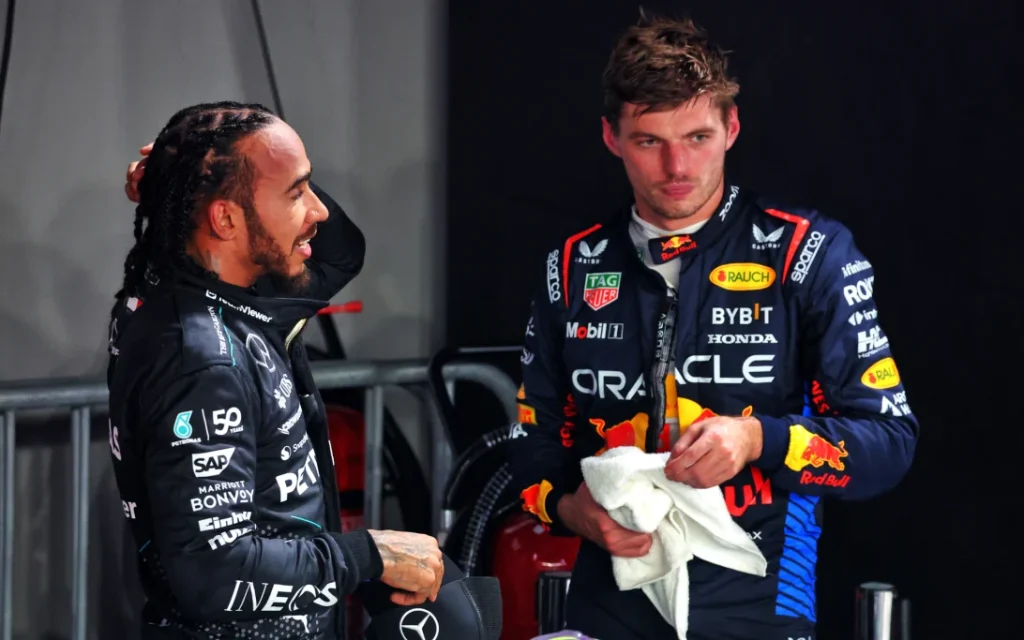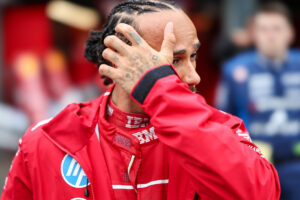Breaking:Lewis Hamilton has openly criticized FIA …read more

Breaking:Lewis Hamilton has openly criticized FIA …read more
Lewis Hamilton has openly criticized FIA president Mohammed Ben Sulayem, accusing him of using “stereotypical” language with racial implications in his efforts to discourage swearing during Formula 1 race broadcasts. The controversy began when Ben Sulayem, head of the FIA, the organization responsible for overseeing global motorsport, commented that Formula 1 needed to “differentiate between our sport – motorsport – and rap music.” His remark was part of a broader conversation about the image and behavior of drivers, particularly when it comes to their language over team radios, which is often broadcast live to audiences around the world.
Hamilton, a seven-time F1 world champion and the sport’s only Black driver, took issue with Ben Sulayem’s comparison. He pointed out that the choice of words carried racial overtones, particularly when referring to rappers. “Saying ‘rappers’ is very stereotypical,” Hamilton remarked. “If you think about it, most rappers are Black. So when it says: ‘We are not like them’, those are the wrong choice of words. There is a racial element there.”
Hamilton, known for his activism and vocal support for diversity and racial equality within and outside of motorsport, interpreted Ben Sulayem’s remarks as an inappropriate and racially insensitive comparison. He emphasized that the statement not only generalized an entire genre of music but also, in his view, subtly reinforced harmful racial stereotypes, as rap music is closely associated with Black culture.
The comments have sparked further discussion about the need for greater awareness and sensitivity within the world of motorsport, especially as F1 has been striving to present itself as a more inclusive and progressive sport. Hamilton has consistently advocated for increased diversity and has been a driving force behind F1’s “We Race As One” initiative, which aims to promote equality and address issues such as racism and discrimination.
This incident highlights the tension between preserving traditional aspects of the sport and the evolving nature of modern entertainment and expression in Formula 1. As the sport grows and attracts a global audience, it faces the challenge of balancing its historical roots with the cultural shifts happening in the broader world. Hamilton’s response underscores the importance of language and the impact it can have, especially when addressing topics related to race and representation in high-profile sports like Formula 1.
The debate over the FIA president’s comments is likely to continue, with many in the motorsport community closely watching how the governing body will respond and whether it will take steps to ensure that such remarks are handled with greater care in the future.





